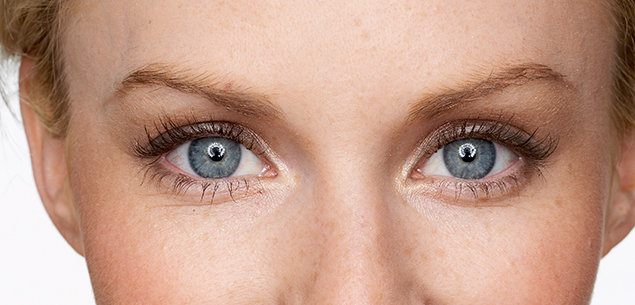As we head into the warmer months with long sun-filled days, its more important than ever to look after your eyes. Specsavers Auckland CBD optometrist Chris Boyle talks to the Weekly about the best ways to protect your eyes from the sun’s harmful rays this summer.
**1. What are your top tips to help us protect our eyes this summer?
**It’s a must for spec-wearers to invest in prescription sunglasses or to wear contact lenses when they’re outdoors, so they can keep their eyes protected while maintaining optimal vision.
We often remember to protect our skin from the sun, but tend to forget that the sun can be just as dangerous for the eyes. Prolonged exposure to direct sunlight can contribute towards eye conditions such as macular degeneration and cataracts and spec-wearers are often at greater risk of exposure to UV radiation because they’re more likely not to bother with sunglasses if they’re already wearing specs.
Keep your eyes sun-safe by wearing lenses that block UV, which offer a strong defence against eye and eyelid damage. Check with your optometrist to ensure your prescription sunglasses offer good UV protection. What’s more, polarised lenses eliminate 99.9% of glare by reflected light, and offer 100% UV protection for your eyes.
Wide frames, sun block and a wide-brimmed hat are musts this summer!
**2. How often should we get our eyes tested?
**We recommend an eye exam once every two years, and more frequently if there’s a history of eye health issues.
There’s no excuse for Kiwis not to keep on top of their eye health. If you’re an AA member you’re entitled to a free eye exam once every two years at Specsavers!

New season Jeff Banks glasses from Specsaver’.
**3. What age should parents take their child for their first eye test?
**We recommend children have their eyes examined at least once every two years from the age of three years old, and as they continue to develop and change they may require more regular tests.
The age of eight really is the magic number when it comes to children’s sight, because even conditions as common as a squint or lazy eye can lead to long-term problems that can require surgery if not diagnosed before that age. Because much of a child’s development takes place before the age of eight, it can be much harder to correct any problems after that.
4. What are the signs that your child needs to have their eyes tested?
A great deal of everything a child learns is through their vision and if this is impaired, learning and development can be significantly compromised. In some cases, vision problems may be misdiagnosed as learning difficulties such as dyslexia. Undetected, eye conditions can dramatically reduce a child’s ability to reach their true potential and can have an impact on their confidence levels.
There are a number of tell-tale signs:
Reading problems – Children who frequently skip lines or lose their place while reading books
Squinting – If a child is frequently squinting, they may be trying to compensate for poor vision
Sitting too close to the television – Short-sighted children generally have clear vision at a close range and poor vision at a distance
Rubbing eyes and headaches – If a child rubs their eyes excessively or regularly complains of headaches it may mean their eye muscles are fatigued from straining
If any of these symptoms are noticed, the child should be booked in to see an optometrist.
5. Is it safe to swim with contact lenses in?
Swimming with contact lenses isn’t recommended. Firstly, it’s possible for the contact lens to be washed out of the eye while under water and secondly, the lenses can absorb bacteria and chemicals present in the swimming pool or sea. This bacteria can remain in contact with the eye until the lenses are removed, which can lead to discomfort and even infection. An alternative option is to wear prescription swimming goggles when swimming.
**Keep an eye out for Specsavers nationwide Kids Go Free program kicking off for the month of January in 2015. All children will be entitled to a free eye exam at Specsavers stores nationwide.
**
MORE: 8 signs your health could be at risk
Image: Rob Shaw/ bauersyndication.com.au




